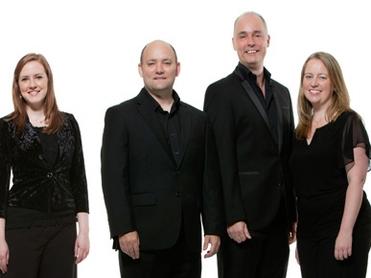
Since their formation in 1973, the Tallis Scholars, led by Peter Phillips, have been some of Britain’s greatest exponents of early music. They must also be some of the only exponents of early music, great or otherwise, to have achieved chart success. Not long ago fans of 50 Shades of Grey discovered that the ensemble had made the definitive recording of a work that, for reasons that shall remain unexplored here, appears in the books – Thomas Tallis’s motet for 40 voices, Spem in Alium.
While that magnificent piece won’t feature in the Tallis Scholars’ concert at the Wigmore Hall on 27 February, there are plenty of other gems on offer. The programme begins with Josquin des Prez, the Netherlandish godfather of High Renaissance polyphony. Next up are two motets by Nicolas Gombert – who was Josquin’s student – including the haunting Musae Jovis, which he wrote as a lament for the death of his mentor. The evening concludes with four pieces by William Byrd, traversing the joyous and the melancholic.
Although some early music groups, such as the Hilliard Ensemble, emphasise the vigorous, earthy qualities of Renaissance polyphony – especially its English strains – the Tallis Scholars have developed a gentler, more ethereal sound. It’s a sound well suited to many of the works on this programme, particularly Byrd’s Ne irascaris Domine – an almost unbearably poignant setting of Isaiah’s words about the desolation of Jerusalem.
It’s the right venue, too. Although the Tallis Scholars haven’t performed there for a while, the Wigmore Hall’s intimate acoustic will allow the exceptional purity of their intonation to shine through.
| What | Tallis Scholars: Josquin des Prez, Gombert and Byrd, Wigmore Hall |
| Where | Wigmore Hall, 36 Wigmore Street, London, W1U 2BP | MAP |
| Nearest tube | Bond Street (underground) |
| When |
On 27 Feb 14, 12:00 AM |
| Price | £From £15.00 |
| Website | Click here to book via Wigmore Hall |
